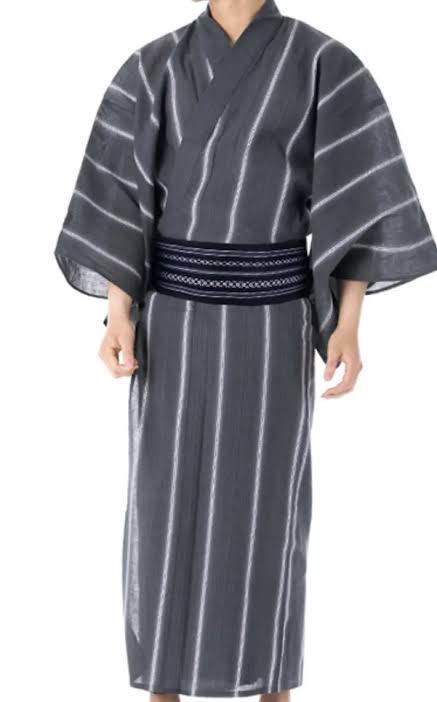「帯」

娘たちの学校では毎週、日本文化に焦点を当てた授業があります。先日、僕はその授業の見学に行きました。
先生はかなり若く、野球帽を後ろ向きにかぶって教室に入ってきました。
先生はソフトな琴の音楽をかけ、バッグから何か取り出し、それは男性の「帯」であること伝えました。
その後、帯のデザイン、用途、誰が、いつ、なぜ、どのように使ったのかなど、実に魅力的な50分間が続きました。先生の話に僕は引き込まれました。
話を聞きながら、本来ただのベルトである長い帯が、これほど深く、文化的な意味を持つことができるのは日本だけだではないか、日本文化の深さを思い知らされました。
その教室を出るとき、文化の継承において教育が果たす重要な役割を感じました。この授業に参加した生徒は、必ずしも「帯」について細かいことまで覚えている必要はなかもしれませんが、日本人の「マナーの厳しさ」ではなく「心遣い」。誰に対しても思いやりがあり意味があることは伝わったと思いました。そこに興味をもつことが大切ですね。
この授業を見学できたことにとても感謝しています。
「Obi」
At my daughters' school they have a weekly lesson focusing on aspects of Japanese culture. Yesterday I went to observe the class.
The teacher appeared fairly young, and he entered the classroom wearing a baseball cap backwards, which was a little surprising given the nature of the lesson topic.
The teacher then put some soft Koto music on, and proceeded to pull long strips of material from his bag, announcing that they were men's "Obi".
What followed was 50 absolutely fascinating minutes of information about the Obi's design, its purpose, who used them, when, why and how. The teacher was mesmerizing!
As I watched the lesson I was reminded that only in Japan could long strips of material, essentially just simple belts, carry SO much depth and cultural significance.
On leaving the room I felt the vital role that education plays in culture continuation. I don't necessarily think that the kids in yesterday’s class need to remember every tiny detail about the "obi", but I do want them to know that Japanese culture, their culture, is incredibly deep and detailed. It’s not "strict", it’s "mindful". It’s considerate of everybody.
I’m so grateful for the opportunity to have observed this lesson.
